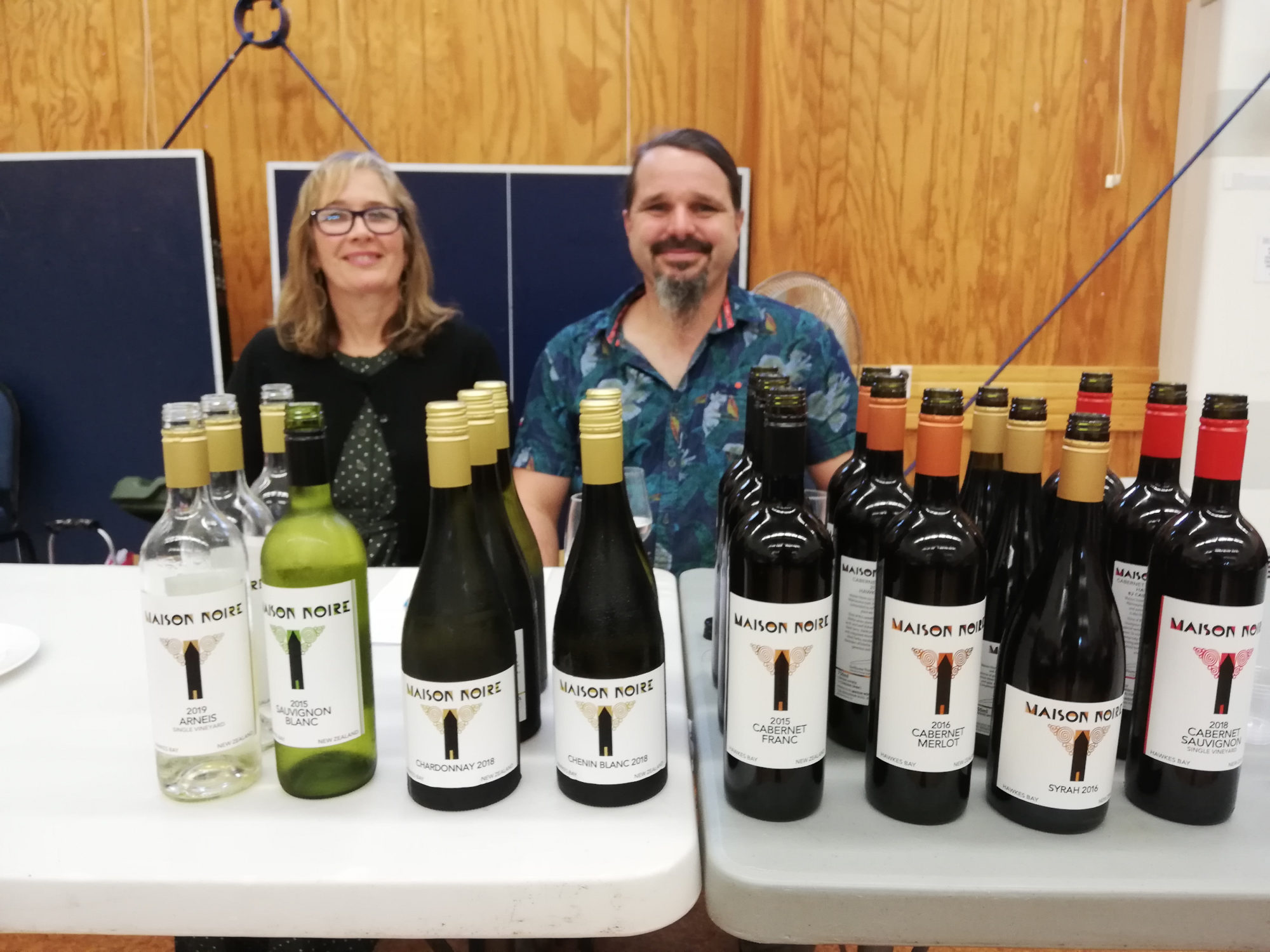Morningreport | 21 April 2023
 Sales of New Zealand wine have increased in the US – “a bright spot in an otherwise declining import sector”, the New Zealand Winegrowers industry body says.
Sales of New Zealand wine have increased in the US – “a bright spot in an otherwise declining import sector”, the New Zealand Winegrowers industry body says.
The increase, for 2024, marks the sixteenth year in a row that retail sales of New Zealand wines within the US have gone up, the new report from alcohol sales analysts Impact Databank. And it comes on the heels of threats from US president Donald Trump to impose a 200 percent tariff on alcohol imported from European Union countries, amid unfolding international trade tensions.
New Zealand Winegrowers director Fabian Yukich told Morning Report it was promising news, amidst otherwise challenging conditions.
“That publication goes out to a lot of people who make decisions about buying New Zealand wine, so it’s pretty important … that we’re getting all this good news from the US right now, where things are otherwise a bit gloomy in other parts of the industry … people see it and they say, well we better order some more New Zealand wine,” Yukich said.
New Zealand is particularly known for the “flavours and aromas” of our sauvignon blank, he said.
“If you look at it from a global perspective, we are less than 2 percent of the world’s production – the trend at the moment is moving away from red wines and towards white wines, and it’s moving towards those more aromatic fresh white wines, so the trend is all in New Zealand’s favour.”
“So the wine’s that we make they are also very sustainably made, and we do take a lot of time to promote that around the world, and that is also in our favour because people do like to buy wines that are sustainably produced.”
Yukich said despite retail sales in the US increasing, retailers were being slow to restock New Zealand wine on their shelves, “and we are feeling that a little bit in New Zealand.”
“They’re unstocking – so that means less sales in the short term … less imports from New Zealand at the moment … but the outlook in the long term is good. Just about every other country’s sales at retail level are reducing, and wine in general is reducing – against that backdrop New Zealand wine is increasing … the long term picture is good.”
Picking has just begun for this season’s sauvignon blanc, but in the face of declining consumption in New Zealand and international, some growers in Marlborough have recently been advised to leave some of their crop unpicked.
“In the last three years we’ve had three massive crops, that Mother Nature has delivered – and this year’s no different to 2022 and 2023, where the vines are delivering a lot of grapes,” Yukich said.
“And the wine companies are saying ‘well look, we need to temper that against what is actually being exported out of the country’.
“It’s not great news for our growers… but the long term outlook is good.”



![Eight Oaks Farm Distillery is temporarily converting its operation into a production line for hand sanitister. [MATT ROURKE/AP]](https://cellarclub.co.nz/wp-content/uploads/2020/04/covid-19-03-333x188.jpg)
![Chad Butters, founder of Eight Oaks Farm Distillery, at his facility in Pennsylvania. [MATT ROURKE/AP]](https://cellarclub.co.nz/wp-content/uploads/2020/04/covid-19-04-333x188.jpg)
![Customers can decide how much to donate for a bottle of hand sanitiser. [MATT ROURKE/AP]](https://cellarclub.co.nz/wp-content/uploads/2020/04/covid-19-05-333x188.jpg)
![The family-owned distillery plans to dramatically boost production of hand sanitiser this week and distribute the bottles to charities. [MATT ROURKE/AP]](https://cellarclub.co.nz/wp-content/uploads/2020/04/covid-19-06-333x188.jpg)